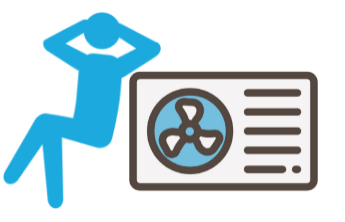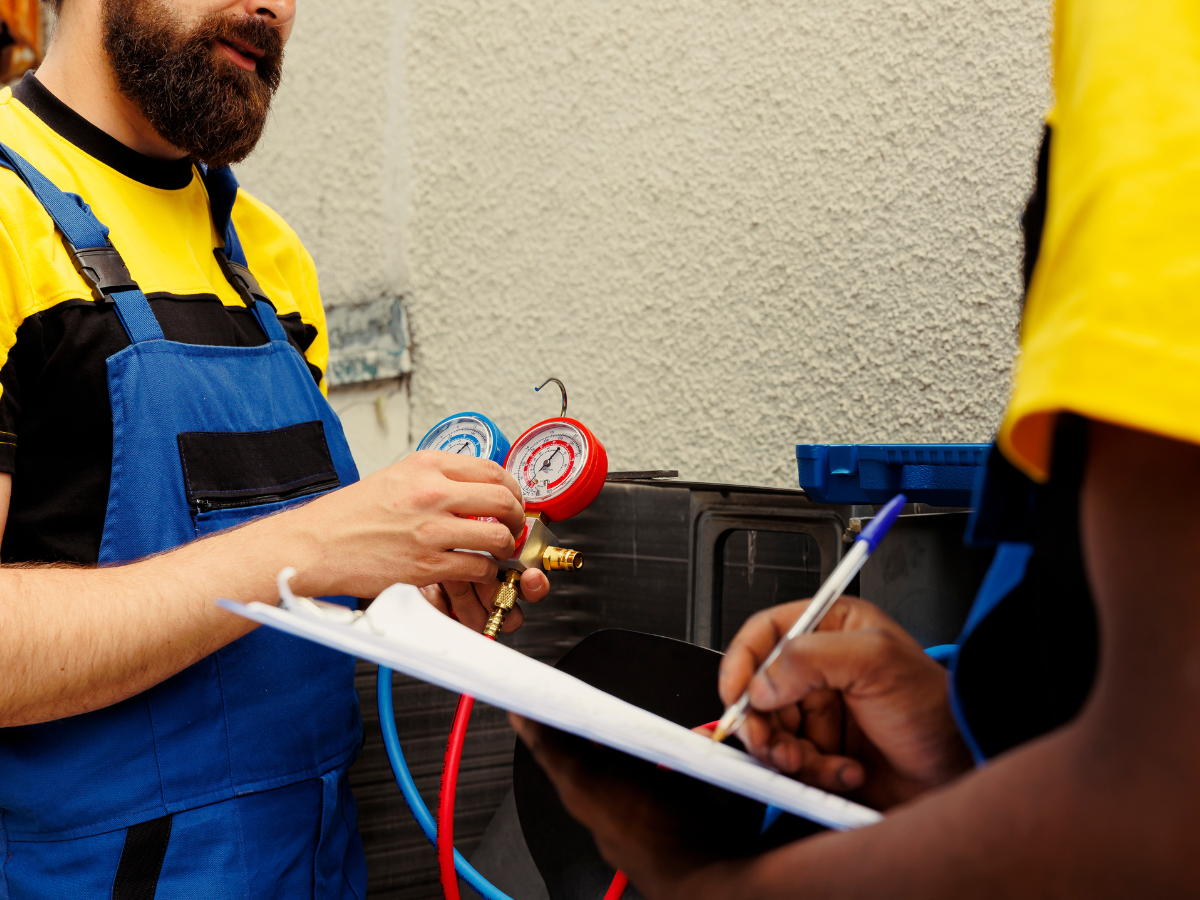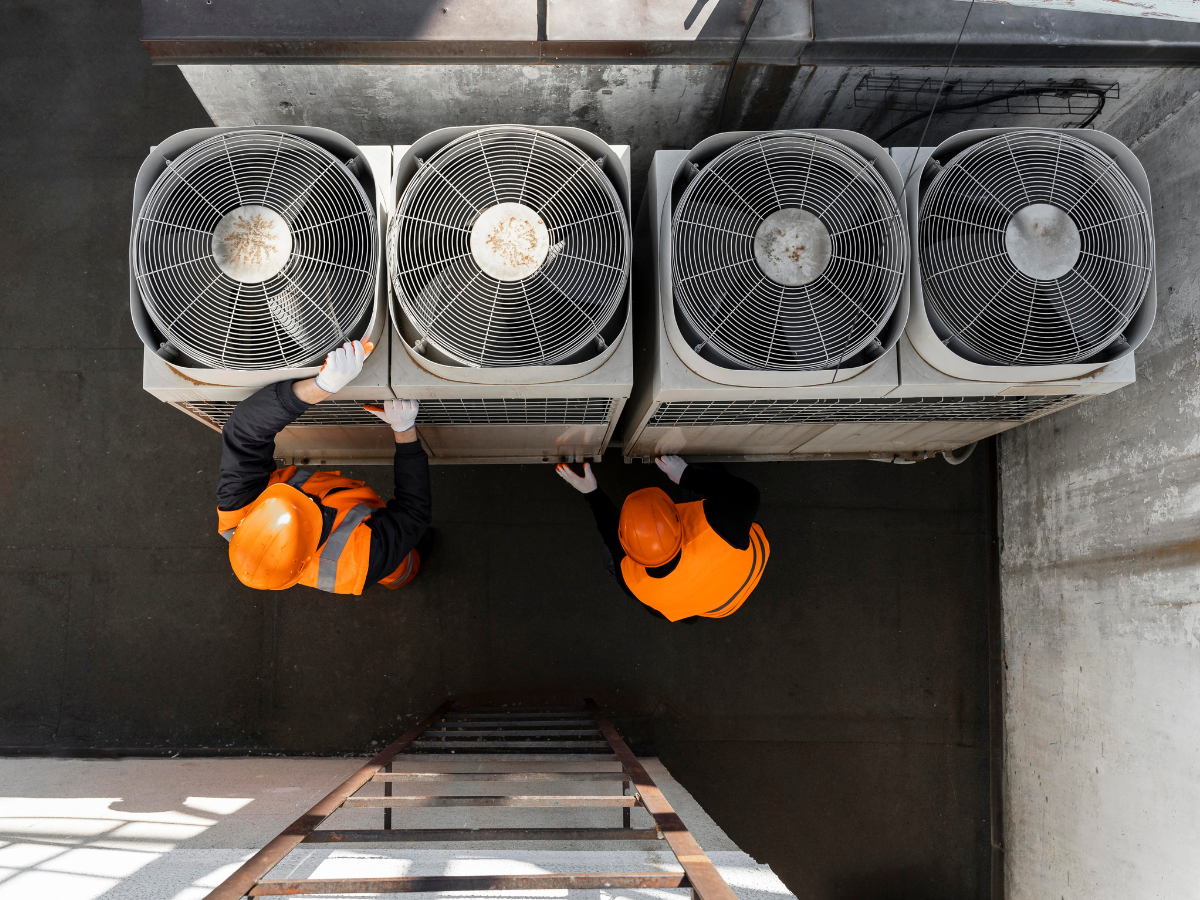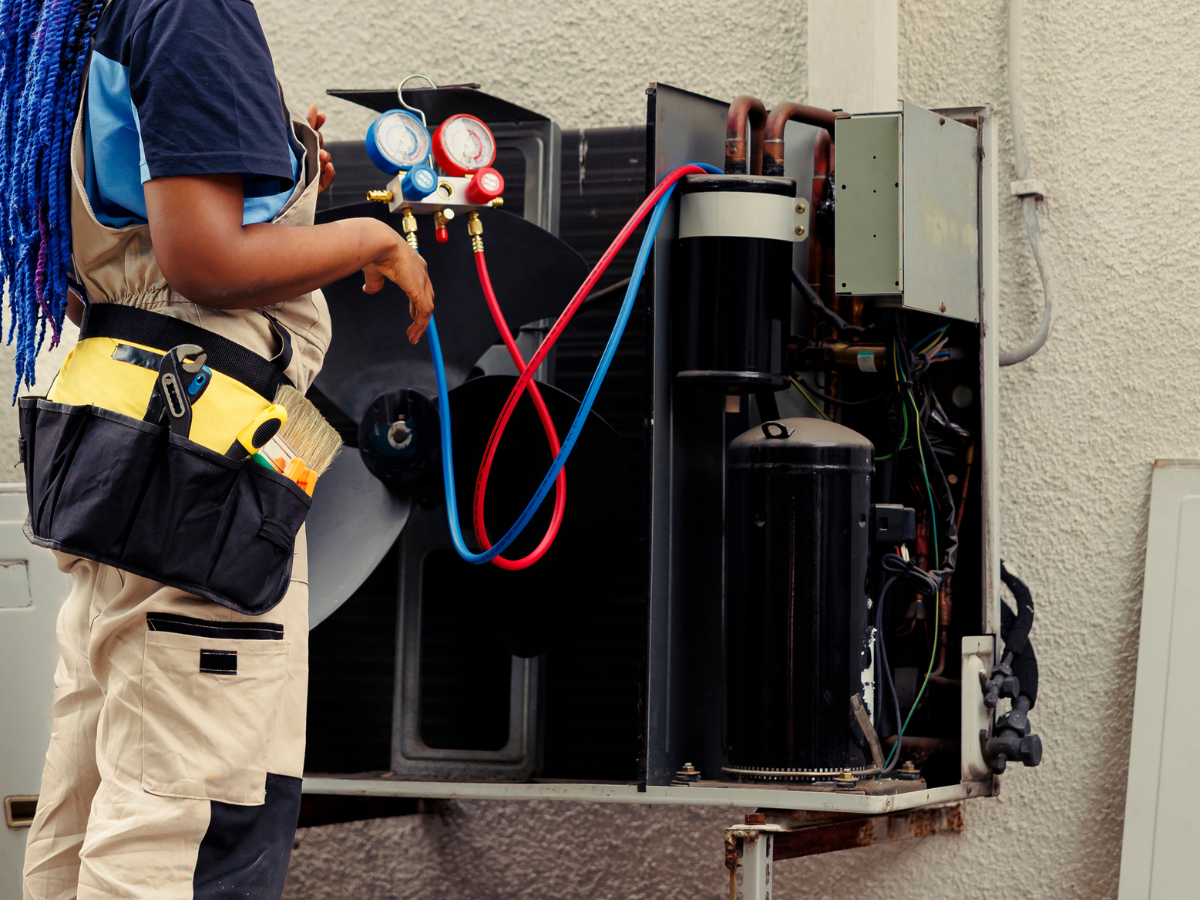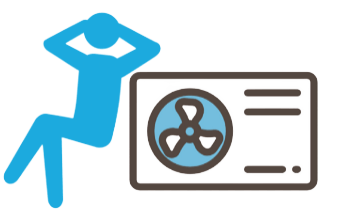Bellingham WA HVAC: Smart Comfort Solutions for Every Season
When it comes to maintaining comfort in your home or business, having a reliable bellingham wa hvac system is essential. Whether you're dealing with the chill of winter or the heat of summer, the right heating and cooling solutions ensure you stay comfortable year-round. If you're looking for expert HVAC services in Bellingham, WA, Comfort Zone HVAC is here to help.
Expert Bellingham WA HVAC services
Finding a trustworthy HVAC provider can make all the difference when it comes to indoor comfort and energy efficiency. A reliable HVAC provider offers a full range of heating, ventilation, and air conditioning services designed to keep your system running smoothly. From installations and repairs to routine maintenance, our team is committed to delivering high-quality HVAC solutions in Bellingham, WA.
Heating Services
Bellingham experiences cold winters, making a reliable heating system a necessity. Our team specializes in:
- Furnace Installation & Repair – Whether you need a new furnace installed or an existing one repaired, we have you covered.
- Heat Pump Services – Heat pumps are energy-efficient solutions that provide both heating and cooling.
- Boiler Services – We offer installation, maintenance, and repairs to ensure your boiler operates at peak performance.
Air Conditioning Services
Summers in Bellingham can get warm, and a well-functioning AC unit is key to staying comfortable. Our air conditioning services include:
- AC Installation & Replacement – We help you choose the right air conditioning system to fit your home and budget.
- AC Repair – If your air conditioner isn't cooling properly, we diagnose and fix the issue efficiently.
- Routine Maintenance – Regular check-ups extend the lifespan of your AC system and improve efficiency.
Indoor Air Quality Solutions
Maintaining good indoor air quality is essential for your health and well-being. We provide:
- Air Purifiers & Filters – We install high-quality air filtration systems to remove pollutants and allergens.
- Humidifiers & Dehumidifiers – Achieve balanced humidity levels for improved comfort and air quality.
- Duct Cleaning & Sealing – Properly maintained ductwork enhances efficiency and reduces allergens in the air.
Why Choose Our HVAC Services in Bellingham, WA?
With so many HVAC companies available, what makes our services stand out?
Experienced & Certified Technicians
Our team consists of highly trained professionals who bring years of experience to every job. We stay updated on the latest HVAC technologies and best practices to provide the best service possible.
Customer-Focused Approach
We prioritize customer satisfaction, offering personalized solutions tailored to your specific heating and cooling needs. Our transparent pricing and honest recommendations ensure you get the best value for your investment.
Energy-Efficient Solutions
We specialize in installing and servicing energy-efficient HVAC systems to help you save on utility bills while reducing your carbon footprint.
Emergency HVAC Services
HVAC issues don’t always happen during business hours. That’s why we offer emergency repair services to restore comfort to your home or business when you need it most.
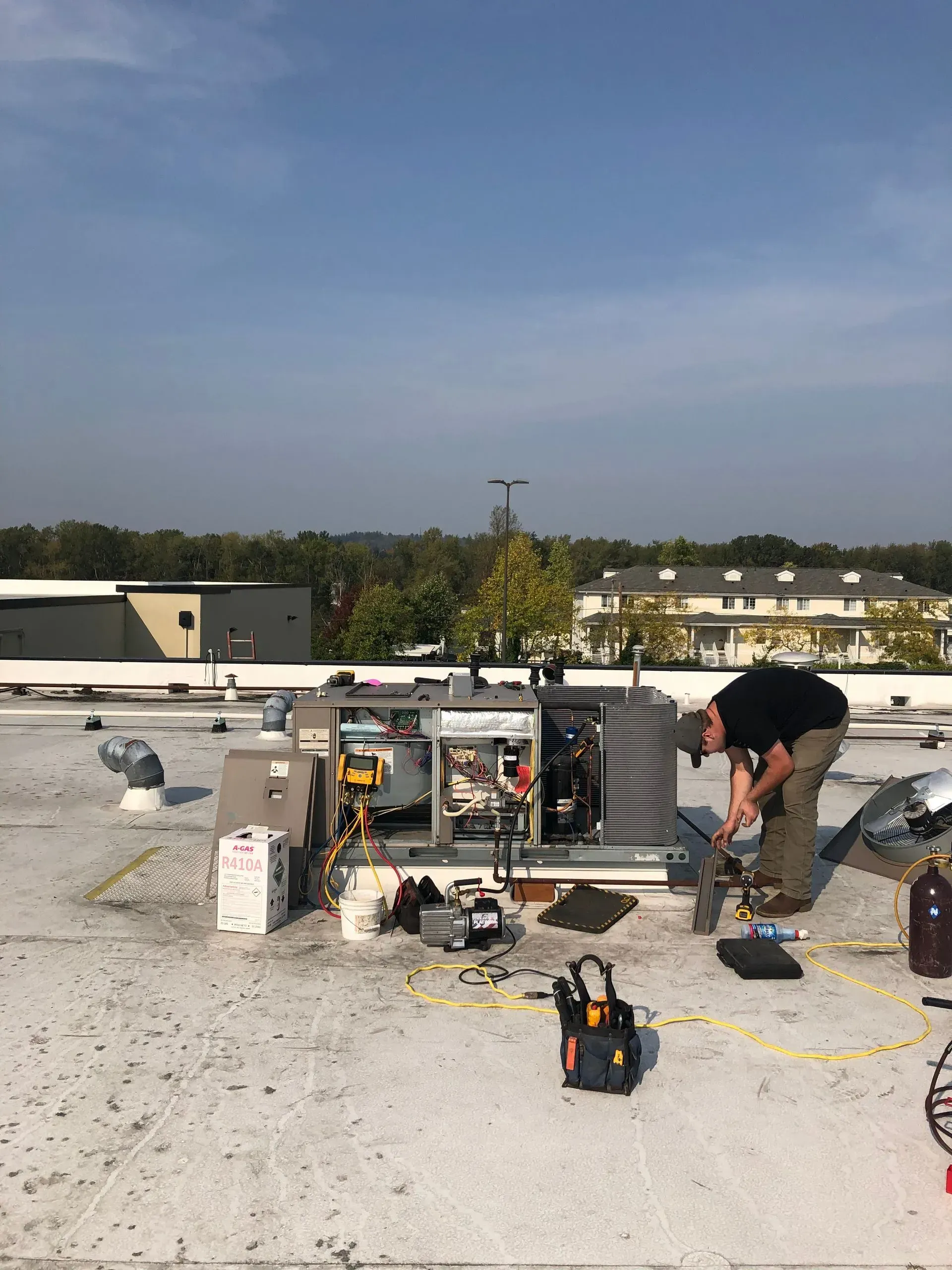
Signs You Need HVAC Services
If you're experiencing any of the following issues, it may be time to call a professional HVAC service:
- Uneven Heating or Cooling – If some rooms are too hot while others are too cold, your HVAC system may need a tune-up or repairs.
- Unusual Noises – Banging, rattling, or whistling sounds indicate potential problems that need attention.
- Increased Energy Bills – A sudden spike in energy costs could mean your system is working harder than necessary due to inefficiency.
- Poor Air Quality – Excessive dust, humidity issues, or persistent odors can signal HVAC system problems.
- Frequent Cycling – If your heating or cooling system turns on and off frequently, it may be struggling to maintain the desired temperature.
HVAC Maintenance Tips for Bellingham, WA Residents
Regular maintenance is key to keeping your HVAC system running efficiently. Here are some simple tips to keep your system in top shape:
- Change Filters Regularly – Replacing air filters every 1-3 months helps maintain airflow and air quality.
- Schedule Annual Inspections – Professional check-ups ensure your system is operating efficiently and can catch minor issues before they become major problems.
- Keep Outdoor Units Clear – Make sure there are no leaves, debris, or obstructions around your outdoor AC or heat pump unit.
- Seal Ducts & Insulate – Properly sealed and insulated ductwork prevents energy loss and improves system efficiency.
- Monitor Thermostat Settings – Using a programmable thermostat helps regulate temperatures efficiently, reducing energy consumption.
Choosing the Right HVAC System for Your Home in Bellingham, WA
When selecting an HVAC system, it’s essential to consider factors like the size of your home, energy efficiency ratings, and local climate conditions. Here are some things to keep in mind:
- Home Size & Layout – A properly sized HVAC system ensures maximum efficiency and comfort.
- SEER & AFUE Ratings – Seasonal Energy Efficiency Ratio (SEER) for cooling and Annual Fuel Utilization Efficiency (AFUE) for heating help determine energy efficiency.
- Ductless vs. Central Systems – Ductless mini-split systems are great for homes without existing ductwork, while central HVAC is ideal for whole-home solutions.
- Smart Thermostat Compatibility – Integrating a smart thermostat can help optimize energy use and enhance convenience.
Common HVAC Problems and How to Prevent Them
Even the best HVAC systems can develop issues over time. Here are some common problems and ways to prevent them:
- Clogged Filters – Regular filter changes prevent airflow restrictions and improve system efficiency.
- Refrigerant Leaks – Low refrigerant levels can cause inefficient cooling and potential compressor damage.
- Thermostat Malfunctions – Ensuring your thermostat is calibrated and functioning properly can prevent uneven temperatures.
- Frozen Evaporator Coils – Regular maintenance prevents ice buildup on coils, which can block airflow.
- Pilot or Ignition Issues – Faulty ignition systems can cause heating failures in furnaces and boilers.
Contact Us for Reliable HVAC Service in Bellingham, WA
Whether you need installation, repairs, or routine maintenance, we are your trusted partner for all things heating and cooling in bellingham wa hvac . Our expert team provides top-notch hvac services to ensure your home or business remains comfortable year-round.
For more information or to schedule a service appointment, visit our website or give us a call today.
By choosing
Comfort Zone HVAC, you’re investing in quality, reliability, and comfort for your home or business. Contact us today to experience the best HVAC services in Bellingham, WA!
